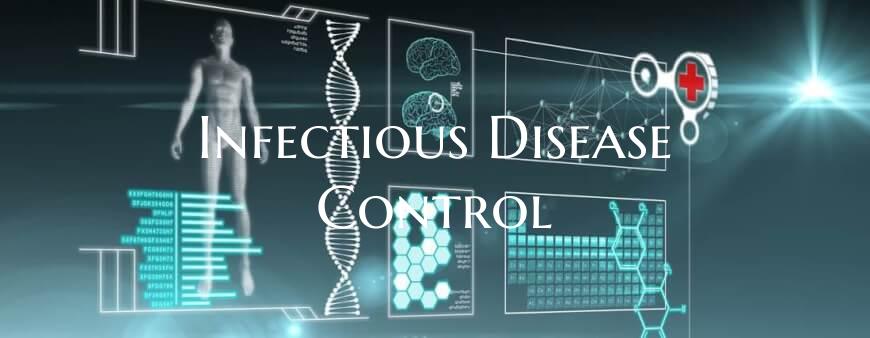Infectious Disease Control
Infectious diseases pose significant public health challenges around the world. From the common cold to more serious illnesses like COVID-19, understanding how to control the spread of infectious diseases is crucial for protecting individuals and communities. Implementing effective control measures can help mitigate the impact of outbreaks and prevent widespread transmission.
Key Concepts in Infectious Disease Control:
1. Hand Hygiene: Regular handwashing with soap and water is one of the simplest yet most effective ways to prevent the spread of infectious diseases. Proper hand hygiene helps remove germs that could potentially cause infections.
2. Vaccination: Vaccines play a critical role in controlling infectious diseases by providing immunity against specific pathogens. Maintaining high vaccination rates within communities can help prevent outbreaks and protect vulnerable populations.
3. Isolation and Quarantine: Isolation separates individuals who are infected with a contagious disease from those who are healthy, while quarantine restricts the movement of individuals who may have been exposed to a disease. These measures help prevent the spread of illness.
4. Personal Protective Equipment (PPE): Healthcare workers and individuals in high-risk settings may need to use PPE such as masks, gloves, and gowns to protect themselves and others from infectious diseases. Proper use and disposal of PPE are essential for effective control.
5. Environmental Cleaning: Regular cleaning and disinfection of surfaces and shared spaces are important for preventing the transmission of infectious agents. Disinfectants that are effective against specific pathogens should be used as recommended.
6. Health Education and Communication: Public health agencies play a critical role in educating the public about infectious diseases and control measures. Clear communication of risks, prevention strategies, and guidance can help raise awareness and promote compliance with control measures.
7. Surveillance and Monitoring: Tracking the spread of infectious diseases through surveillance systems allows for early detection of outbreaks and helps public health authorities implement timely interventions to control transmission.
By understanding and implementing these basic principles of infectious disease control, individuals and communities can work together to prevent the spread of infections and protect public health. Stay informed, practice good hygiene, and follow guidance from healthcare professionals and public health authorities to contribute to the control of infectious diseases.

